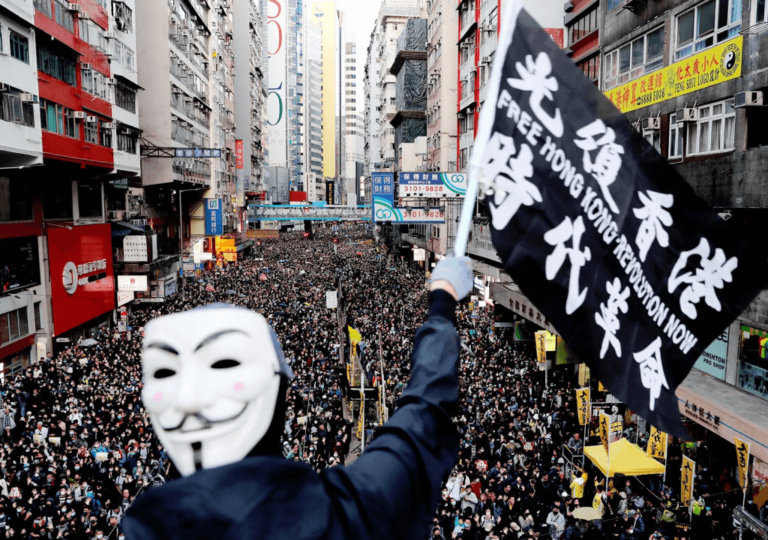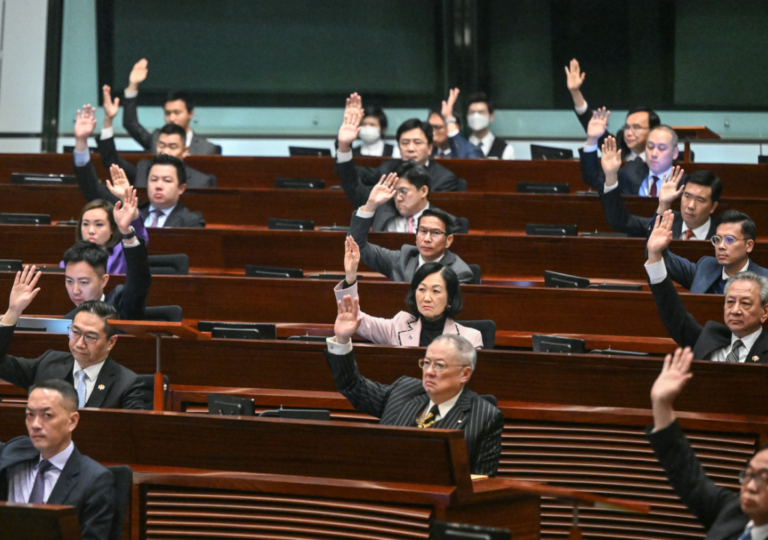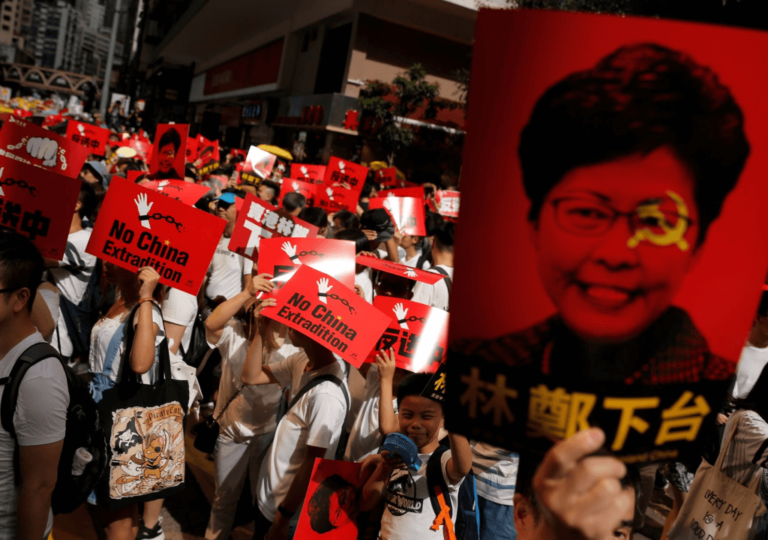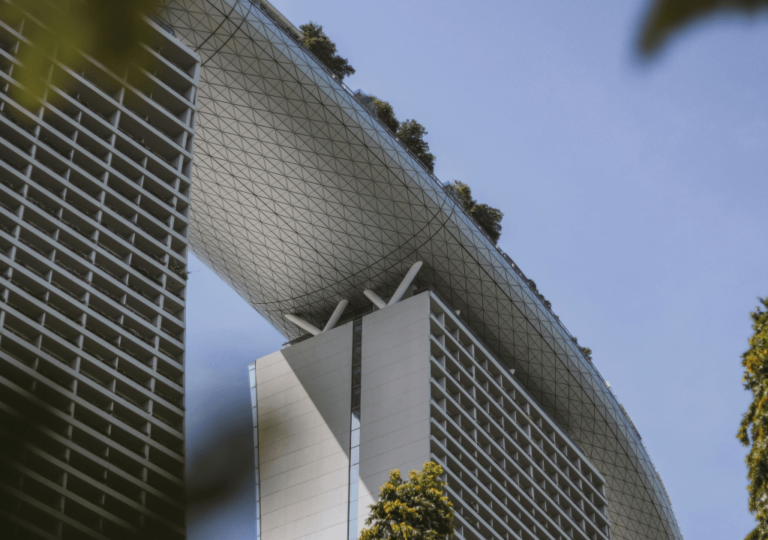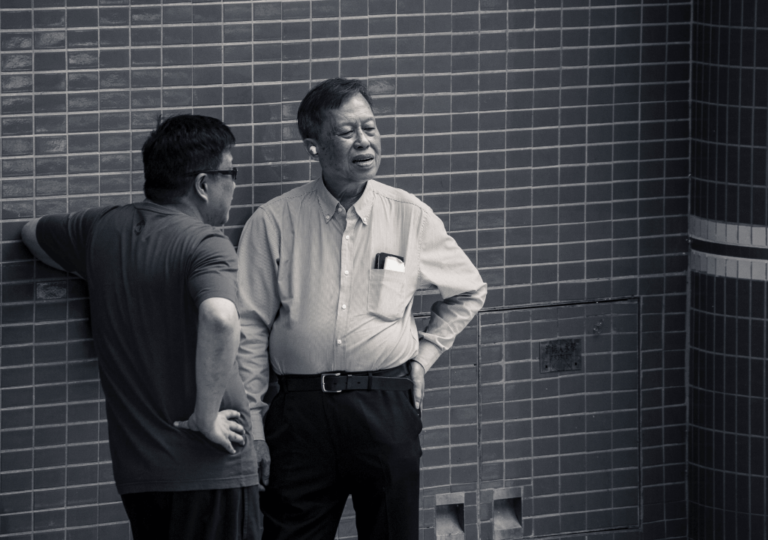Curtains for Democracy? Hong Kong’s Longest-Standing Opposition Party to Dissolve
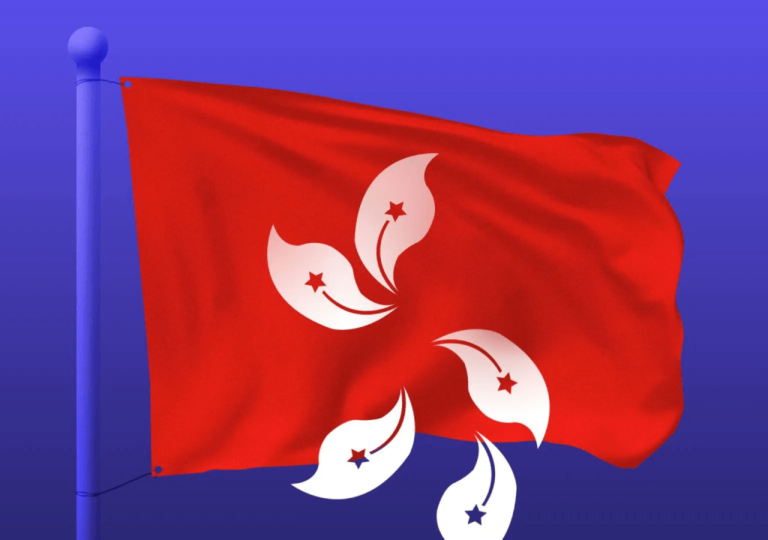
Hong Kong’s longest-standing opposition party, the Democratic Party, is set to dissolve, marking the end of an era for the city's pro-democracy movement amid Beijing's tightening control.

